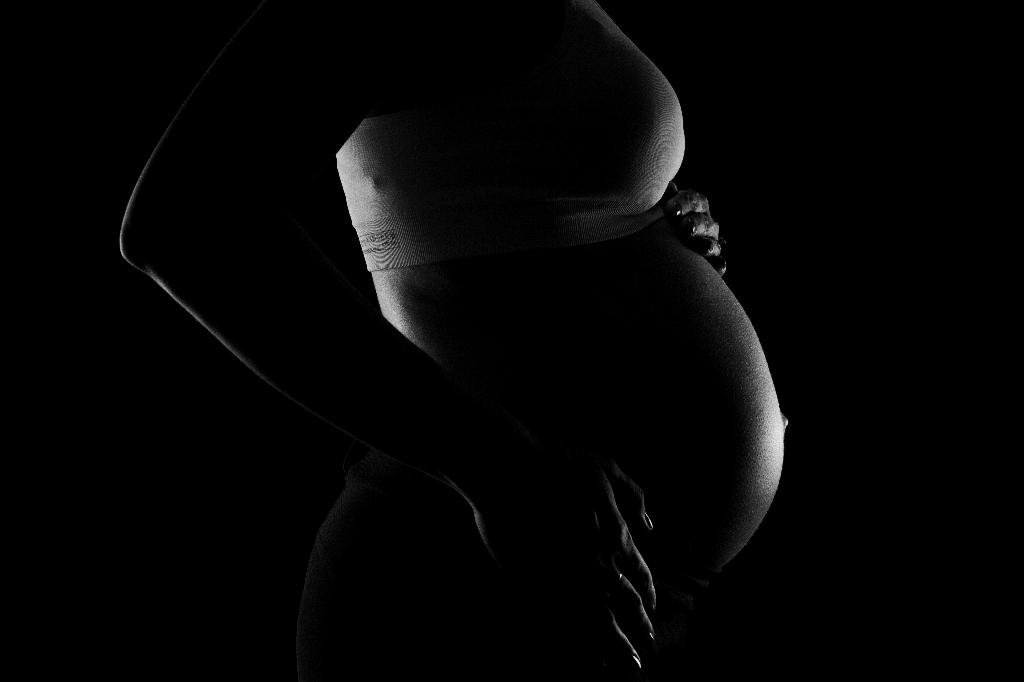As you progress through the third trimester of pregnancy, it is common to experience a notable increase in the frequency of urination. This phenomenon can be attributed to several factors related to the growth and positioning of the fetus within the uterus.
One primary reason for frequent urination in the third trimester is the physical pressure exerted on the bladder by the growing baby. As the fetus continues to develop and descend further into the pelvic region, it occupies more space within the abdomen, placing increased pressure on the bladder located just below it. This added pressure can lead to a feeling of fullness in the bladder even when only small amounts of urine are present, triggering the urge to urinate more frequently.
In addition to the direct physical pressure on the bladder, the expanding uterus also plays a significant role in the increased frequency of urination. As the uterus grows in size to accommodate the developing baby, it displaces other organs within the abdominal cavity, including the bladder, potentially reducing its storage capacity. This displacement can further contribute to the sensation of needing to empty the bladder more often.
Furthermore, hormonal changes that occur during pregnancy can impact the function of the urinary system, leading to more frequent urination. The hormone progesterone, which is essential for maintaining a healthy pregnancy, can have a relaxing effect on smooth muscle tissues throughout the body, including the bladder. This muscle relaxation can result in a decreased ability of the bladder to retain urine for extended periods, thereby increasing the frequency of trips to the restroom.
As the baby grows and the uterus expands, it can also exert pressure on the pelvic floor muscles that support the bladder and other pelvic organs. This pressure may weaken the pelvic floor muscles over time, making it more challenging to effectively control the release of urine and potentially leading to instances of urinary leakage, particularly when pressure is exerted on the bladder during activities such as coughing, sneezing, laughing, or bending.
Moreover, the position of the baby within the pelvis can influence the frequency of urination in the third trimester. As the fetus settles into a head-down position in preparation for birth, it may exert additional pressure on the bladder, further contributing to the sensation of needing to urinate frequently. The baby’s movements and shifts in position can also impact the bladder’s capacity and trigger the urge to urinate more often.
Dealing with frequent urination in the third trimester can be challenging for some pregnant individuals, especially as they navigate the final weeks of pregnancy. It is essential to stay hydrated during this time, despite the increased restroom visits, as adequate hydration is crucial for maintaining overall health and supporting the body’s physiological processes. Maintaining good bladder habits, such as emptying the bladder fully when urinating and practicing pelvic floor exercises to strengthen the muscles, can also help manage symptoms of frequent urination.
If frequent urination becomes bothersome or is accompanied by other concerning symptoms, it is advisable to consult with a healthcare provider to rule out any potential underlying issues that may be contributing to the urinary changes. While it is normal to experience increased urination in the third trimester due to the physical changes of pregnancy, persistent or severe symptoms should be addressed by a medical professional to ensure the health and well-being of both the individual and the baby.

